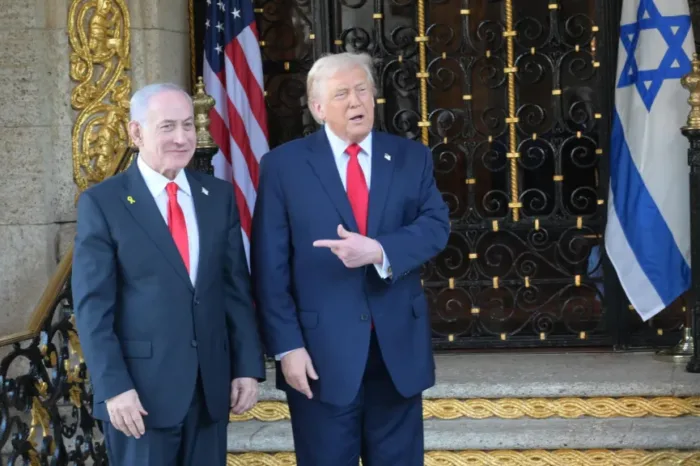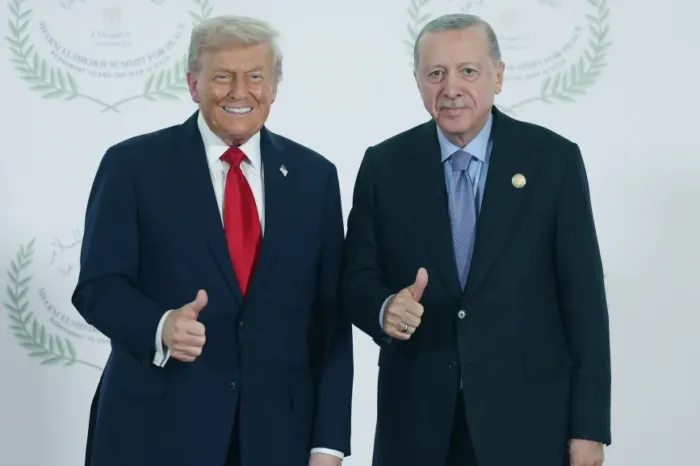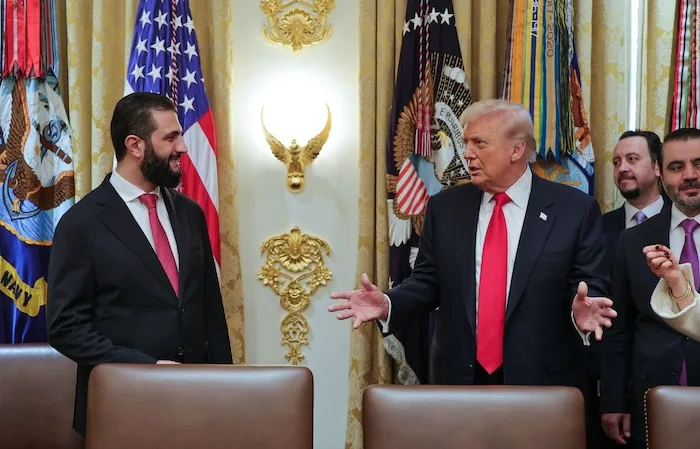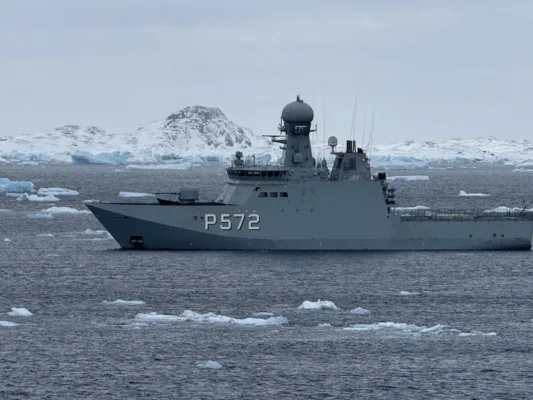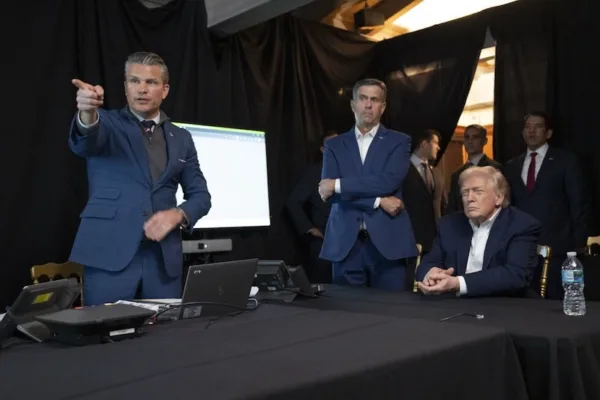What did we learn from the Afrin operation?
Operation Olive Branch has passed its first month and so far it has been considered a success against the terrorist groups in the region. The main goal of the operation is to clear Turkey’s borders from any terrorist threats. After Euphrates Shield in 2016 and the establishment of the military posts in Idlib, Olive Branch was the third operation that the Turkish Armed Forces (TSK) organized in Syria. The operation demonstrated different issues in regards to Turkey and its politics toward the region.
First of all, the national unification of the Turkish people during this operation demonstrated the public reaction to the PKK and its branches all around the region. Unlike the U.S., Turkish people do not accept any distinction between the PKK and People’s Protection Units (YPG), and the operation is considered a significant step toward securing Turkish borders and the national security of Turkey. There was major support for this operation from the public. Thus it demonstrated that the PKK was one of the most sensitive issues in the country. So far, the U.S. administration has failed to understand this sensitivity in Turkey that emerged as a result of the PKK’s decades-long attacks against the Turkish citizens.
Operation Olive Branch has already changed many balances in Syria, but its most remarkable impact is certainly on the future of Turkish-U.S. cooperation
Secondly, the fact that the YPG launched rocket attacks on Turkish cities in the immediate aftermath of the beginning of the operations and the heavy armed presence of the YPG in this region demonstrated that the Turkish people’s concern was a real and legitimate one.
During these attacks many Turks are wounded and dozens of them were killed. In addition to that, the large stockpiles of arms and ammunition that the Turkish security forces destroyed in the region showed that the YPG was preparing for an armed attack against Turkey during this period. Thus the group was waiting for the right moment to operationalize its preparations.
Thirdly, many officials in the U.S. thought that Turkey was not capable of engaging in a military operation in Afrin. They considered Turkish policy makers’ statements as empty threats. However the military operation in Afrin demonstrated the capability of the Turkish military to organize such a massive cross border operation. The operation showed that in terms of the military preparedness, Turkey reached pre-July 15 levels. It also demonstrated that Turkey can unilaterally fight against terrorism even if does not receive sufficient support and endorsement from its allies, such as the U.S.
Before the beginning of the operation, it was also thought that even if Turkey engages in such an operation, it will be bogged down in Afrin. However, so far these projections have also been proven to be wrong. The Turkish military is being careful not to hurt civilians during the operation and they are trying to achieve a meaningful and sensitive state in the region.
Fourthly, the fact that the U.S. launched a major diplomatic movement in regards to Turkish-U.S. relations following the beginning of the Afrin operation demonstrated that only the use of hard power on the ground could change the U.S.’s policy at this critical juncture. It seems like for the first time U.S. policy makers have started to focus on an exit strategy in regards to the YPG and they finally started thinking about how to save their strategic partnership with Turkey. It may lead to further debates among the different institutions of the government if relations with Turkey deteriorate as a result of a failure to resolve the YPG issue.
The continuation of this operation in the coming days will be key to the future of Turkish-U.S. relations.
This article was first published by Daily Sabah on March 5, 2018.

